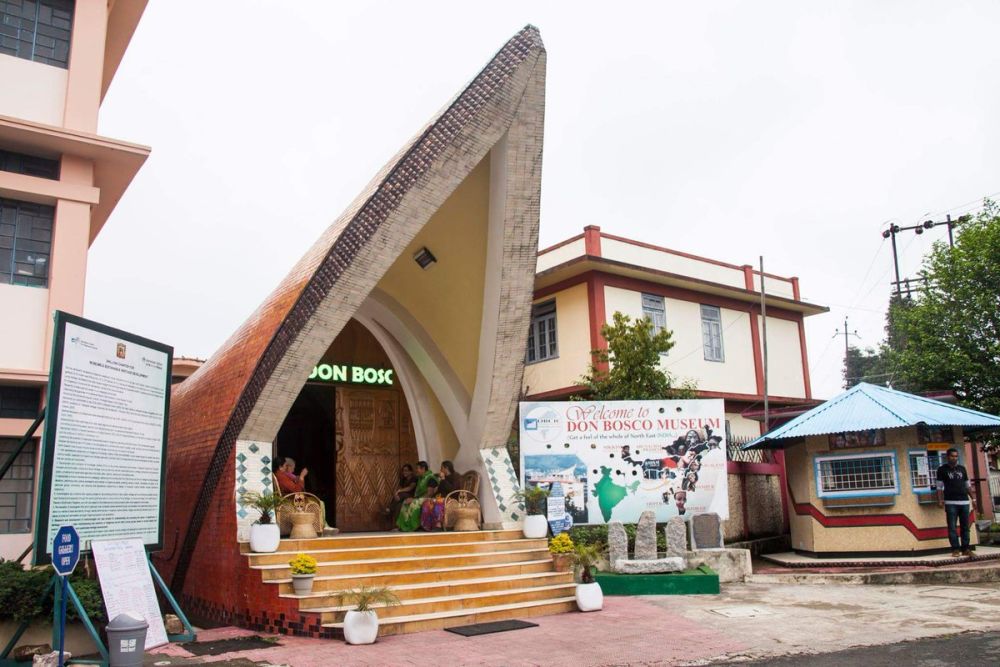

The Don Bosco Museum in Shillong is an emblem of cultural and historical preservation in the Northeastern part of India. Situated in Meghalaya, a state renowned for its breathtaking natural beauty and diverse ethnic heritage, the museum is a seven-story building dedicated to the local indigenous cultures, primarily focusing on the seven states of North East India, also known as the Seven Sisters.
The museum, which is part of the Don Bosco Centre for Indigenous Cultures, was established to collect, preserve, and display cultural artifacts that showcase the rich heritage of the region. It was officially inaugurated in March 2003 and has since become a central draw for tourists seeking a deeper understanding of the local communities and their ways of life.
Initially attracting scholars and those with a keen interest in anthropology and sociology, the Don Bosco Museum has grown in popularity among a broader audience, including both domestic and international tourists. Its comprehensive depiction of the North East Indian cultures has transformed it into a significant educational resource as well as a valuable tourist destination.
The museum features a wide array of exhibits, including traditional arts and crafts, attires, tools, weapons, musical instruments, and documentary photographs. It also hosts galleries that feature the unique habitats, agriculture, handicrafts, ornaments, and food items from each of the northeastern states. The Skywalk on the top floor offers a panoramic view of Shillong city and its surroundings, further enhancing the visitor experience.
The museum is highly accessible to visitors, offering guided tours and well-curated informational displays. It is open on all days except Sundays and certain public holidays. The museum has also adapted to digital trends, providing virtual tours and resources online to cater to a global audience.
In recent years, Meghalaya and the North East region of India have witnessed a surge in experiential and sustainable tourism. Travelers are increasingly seeking immersive experiences that allow for engagement with local communities and cultures. The Don Bosco Museum plays a pivotal role in facilitating these experiences, offering visitors the opportunity to learn about the region's indigenous communities in an interactive and sustainable environment.
Moreover, there is a growing interest in eco-tourism and adventure tourism, complementing the cultural attractions of the museum. The drive towards tourism that benefits local economies and preserves cultural integrity aligns with global trends towards responsible and ethical travel practices.
The Don Bosco Museum's dedication to education and cultural preservation, combined with a heightened interest in sustainable tourism, positions it as a key fixture in the narrative of Shillong and the larger North East India's tourism industry. It stands not just as a museum but as a testament to the vibrant living cultures it represents.